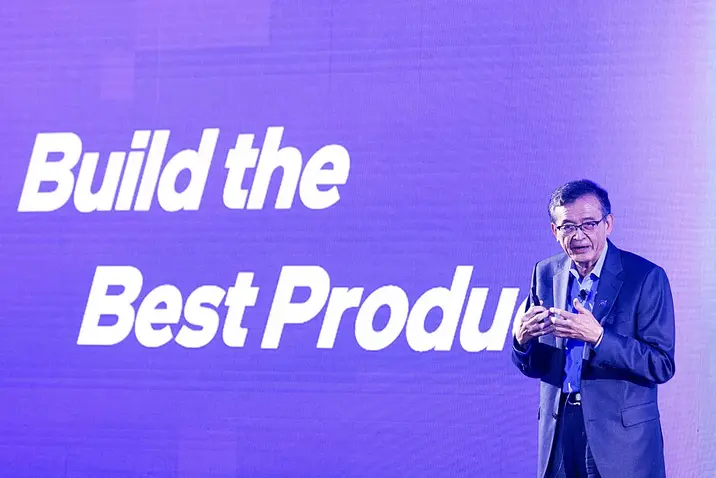T4K3.news
Intel CEO meets Trump after resignation demand
Trump confirms a meeting with Intel CEO Lip-Bu Tan days after urging his resignation, signaling a tone shift.
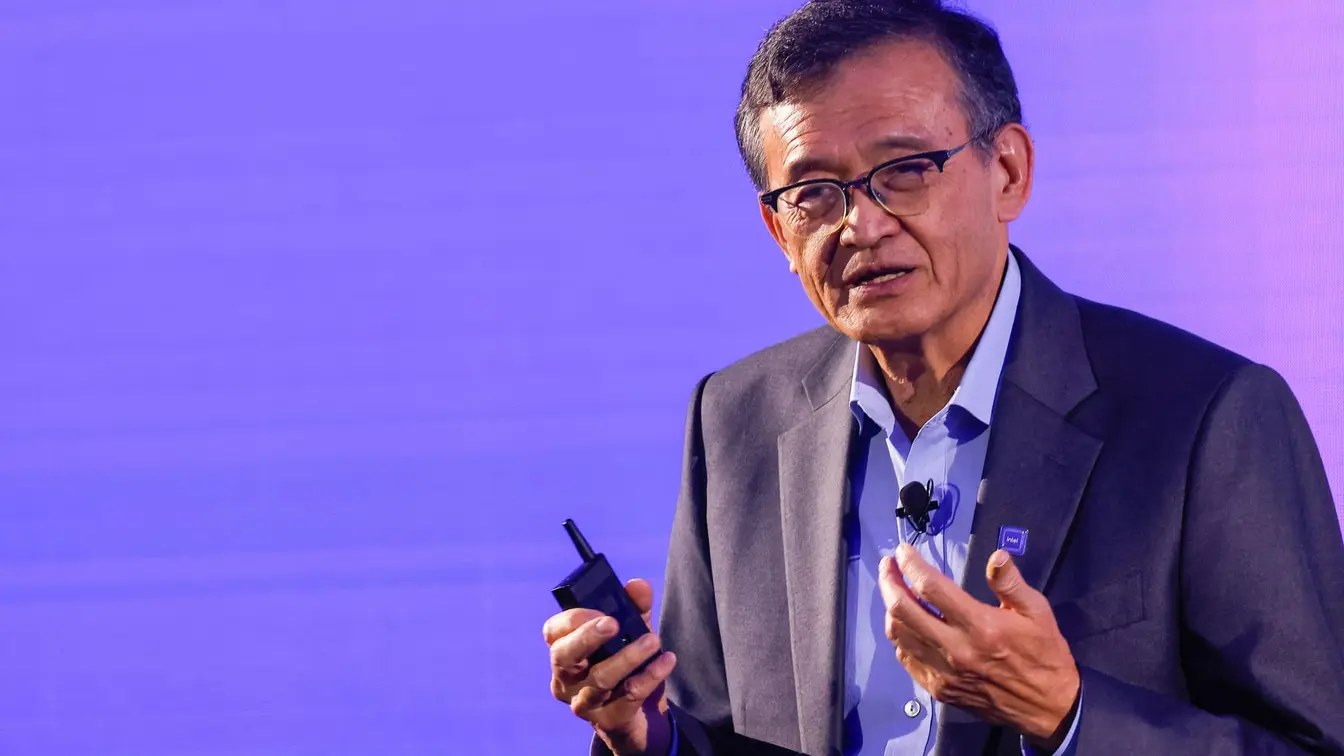
Trump meeting with Intel CEO Lip-Bu Tan follows an earlier demand for resignation, signaling a shift in tone toward the chipmaker.
Trump backs Intel CEO after demanding resignation
President Donald Trump said he and members of his cabinet met with Intel chief Lip-Bu Tan days after he publicly urged Tan to resign. Intel confirmed the meeting, and a company spokesperson framed it as a candid discussion about strengthening U.S. technology and manufacturing leadership. Intel shares rose about 2 percent in extended trading after the disclosure. The episode comes as Tan has faced scrutiny over his ties to China, and amid broader tensions in the U.S. push to maintain technological leadership in semiconductors.
Tan, who became Intel CEO in March, has acknowledged a difficult start, including layoffs and shifts in the foundry unit. The company has also paused or cancelled certain manufacturing site plans in Europe and slowed work in Ohio, moves that executives say are part of a longer turnaround. Last week, Sen. Tom Cotton questioned Tan’s connections to China and asked whether Intel required Tan to divest from positions linked to Chinese entities. The context includes competing pressures from the Trump administration and allies on chipmakers as the United States grapples with competition from China and national security concerns.
Key Takeaways
"The meeting was a very interesting one"
Trump describing the encounter
"His success and rise is an amazing story"
Trump praising Tan
"There is no other solution to this problem"
Trump's earlier demand for resignation
"Turning the company around will take time and require patience"
Tan describing the turnaround
This episode highlights how political signals can press on corporate leadership without clear governance rules. When a president publicly praises a chief executive after previously calling for resignation, markets and workers watch for stability or further shifts in policy. Investors may weigh political risk as a factor in long term strategy, even when a company reiterates commitment to American leadership.
The wider backdrop is a global contest over semiconductor dominance and supply chains. The Nvidia episode and export-control talks show how policy moves can ripple through boardroom decisions. For Tan and Intel, the test is not just turning a company around but navigating a political landscape where leadership choices are closely watched by lawmakers, workers, and international partners.
Highlights
- The meeting was a very interesting one
- His success and rise is an amazing story
- There is no other solution to this problem
- Turning the company around will take time
Political involvement in corporate leadership may invite backlash
The article shows a sitting president intervening in a private sector leadership matter, raising questions about governance, market expectations, and public reaction. Such involvement can lead to investor uncertainty and potential political backlash or policy shifts that affect corporate strategy.
Markets will watch how political signals shape corporate leadership.
Enjoyed this? Let your friends know!
Related News
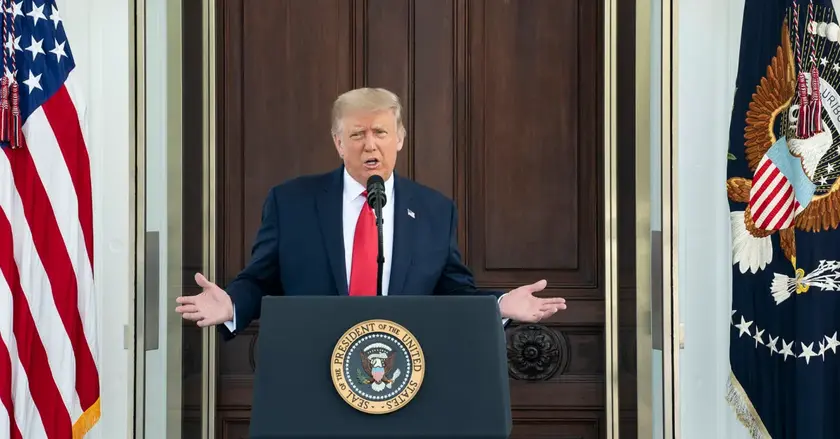
Intel CEO Resists Resignation Demand
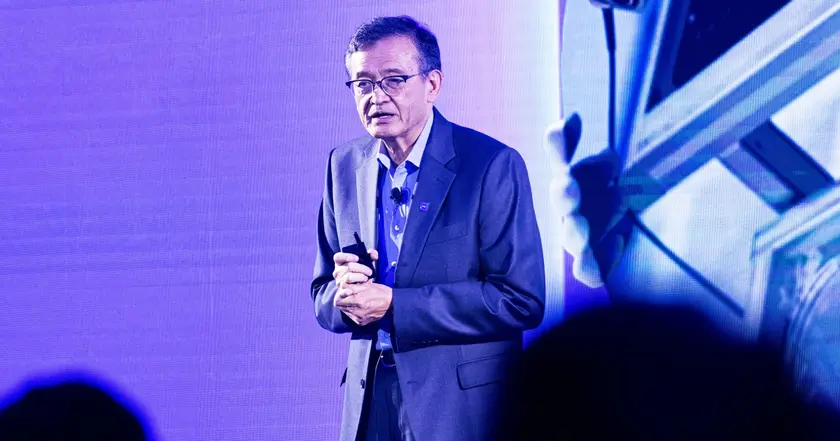
Trump demands Intel CEO resignation
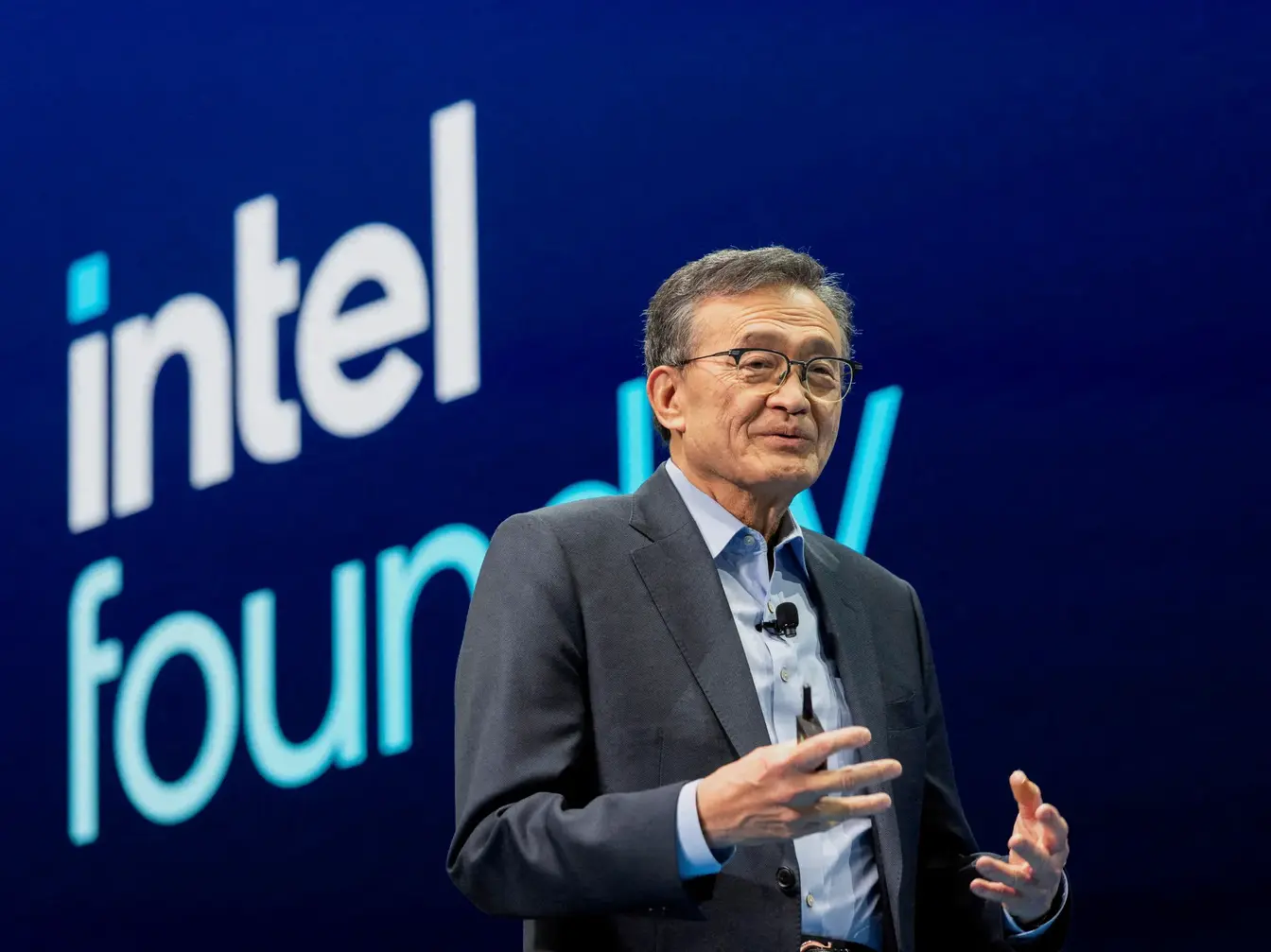
Trump demands Intel CEO resign over China ties
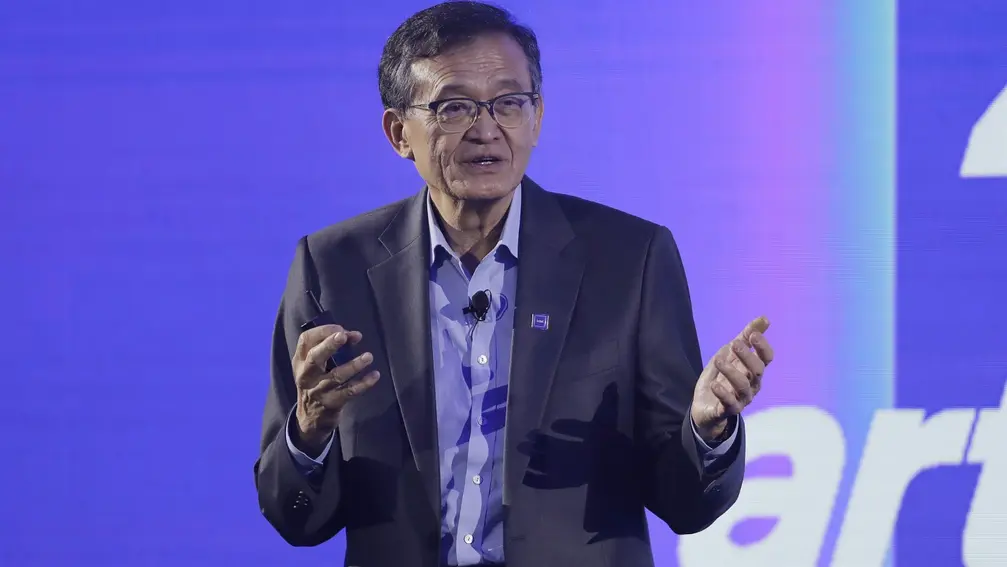
Trump demands Intel CEO resign over conflicts
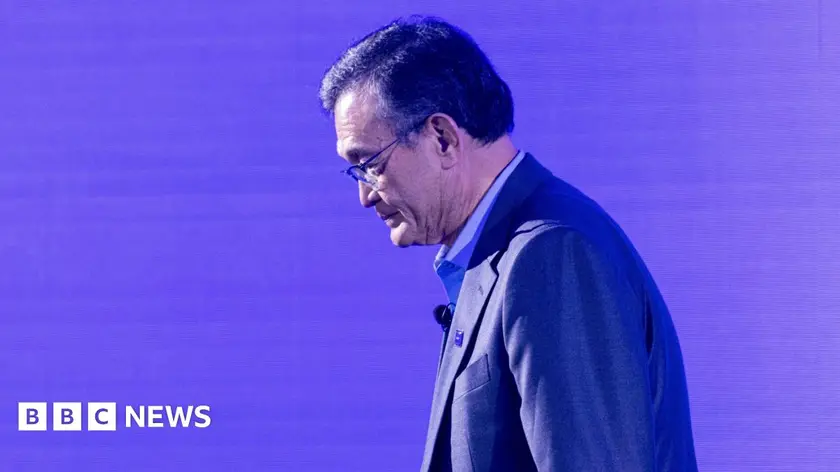
Trump calls for Intel CEO to resign over China ties
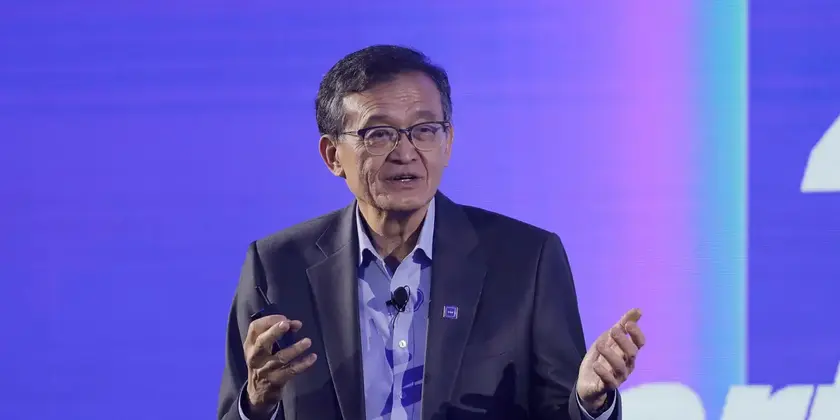
Intel CEO responds to Trump resignation demand
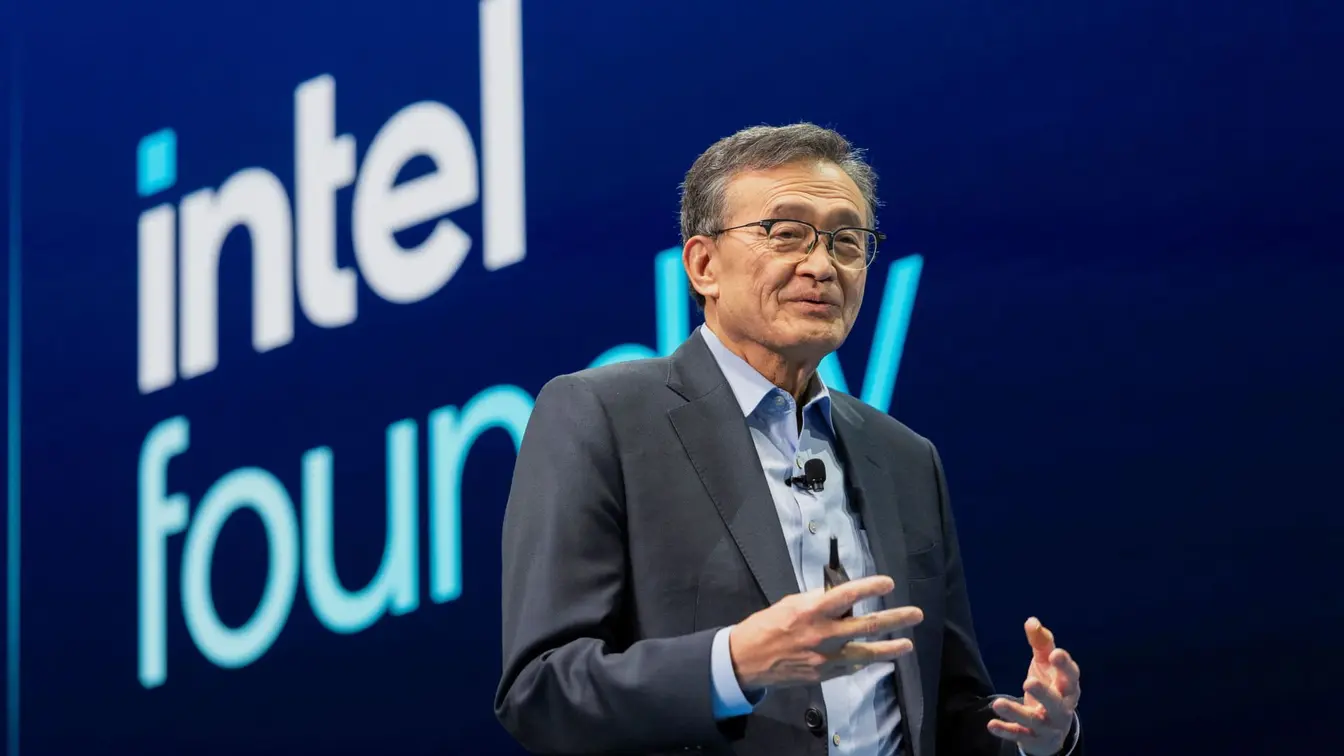
Trump demands Intel CEO resign amid stock drop
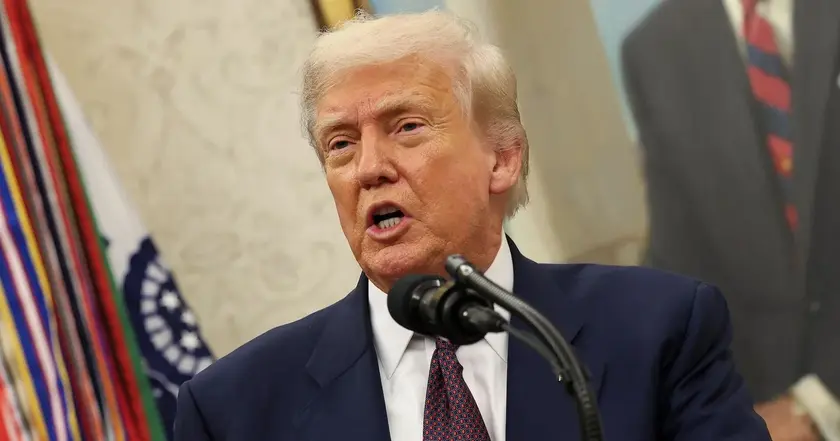
Trump calls for Intel CEO to resign amid conflict allegations
